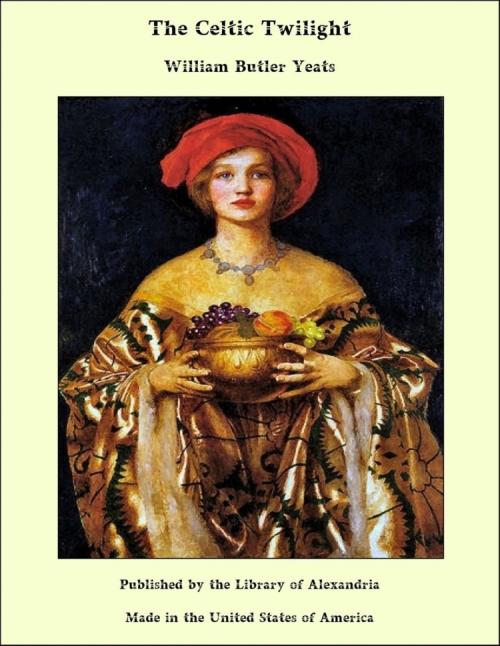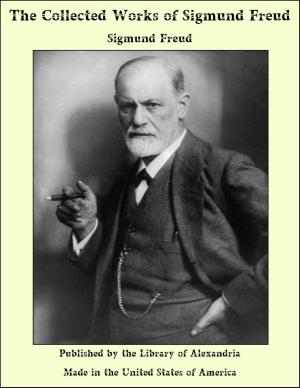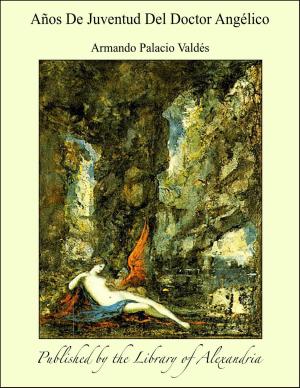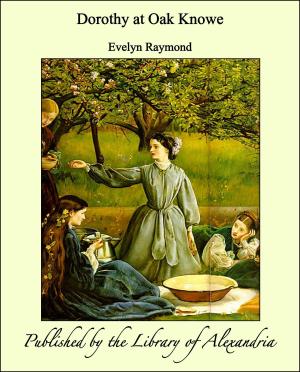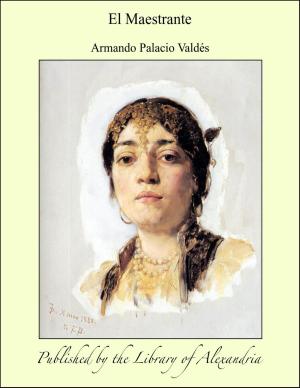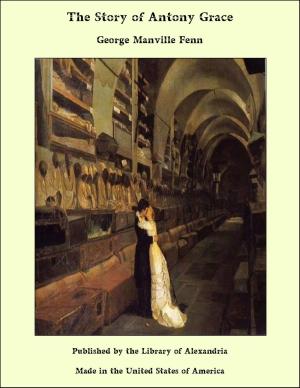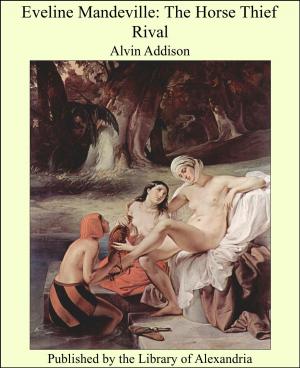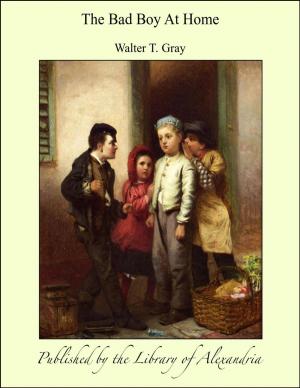| Author: | William Butler Yeats | ISBN: | 9781613102800 |
| Publisher: | Library of Alexandria | Publication: | March 8, 2015 |
| Imprint: | Language: | English |
| Author: | William Butler Yeats |
| ISBN: | 9781613102800 |
| Publisher: | Library of Alexandria |
| Publication: | March 8, 2015 |
| Imprint: | |
| Language: | English |
Many of the tales in this book were told me by one Paddy Flynn, a little bright-eyed old man, who lived in a leaky and one-roomed cabin in the village of Ballisodare, which is, he was wont to say, "the most gentle"—whereby he meant faery—"place in the whole of County Sligo." Others hold it, however, but second to Drumcliff and Drumahair. The first time I saw him he was cooking mushrooms for himself; the next time he was asleep under a hedge, smiling in his sleep. He was indeed always cheerful, though I thought I could see in his eyes (swift as the eyes of a rabbit, when they peered out of their wrinkled holes) a melancholy which was well-nigh a portion of their joy; the visionary melancholy of purely instinctive natures and of all animals. And yet there was much in his life to depress him, for in the triple solitude of age, eccentricity, and deafness, he went about much pestered by children. It was for this very reason perhaps that he ever recommended mirth and hopefulness. He was fond, for instance, of telling how Collumcille cheered up his mother. "How are you to-day, mother?" said the saint. "Worse," replied the mother. "May you be worse to-morrow," said the saint. The next day Collumcille came again, and exactly the same conversation took place, but the third day the mother said, "Better, thank God." And the saint replied, "May you be better to-morrow." He was fond too of telling how the Judge smiles at the last day alike when he rewards the good and condemns the lost to unceasing flames. He had many strange sights to keep him cheerful or to make him sad. I asked him had he ever seen the faeries, and got the reply, "Am I not annoyed with them?" I asked too if he had ever seen the banshee. "I have seen it," he said, "down there by the water, batting the river with its hands."
Many of the tales in this book were told me by one Paddy Flynn, a little bright-eyed old man, who lived in a leaky and one-roomed cabin in the village of Ballisodare, which is, he was wont to say, "the most gentle"—whereby he meant faery—"place in the whole of County Sligo." Others hold it, however, but second to Drumcliff and Drumahair. The first time I saw him he was cooking mushrooms for himself; the next time he was asleep under a hedge, smiling in his sleep. He was indeed always cheerful, though I thought I could see in his eyes (swift as the eyes of a rabbit, when they peered out of their wrinkled holes) a melancholy which was well-nigh a portion of their joy; the visionary melancholy of purely instinctive natures and of all animals. And yet there was much in his life to depress him, for in the triple solitude of age, eccentricity, and deafness, he went about much pestered by children. It was for this very reason perhaps that he ever recommended mirth and hopefulness. He was fond, for instance, of telling how Collumcille cheered up his mother. "How are you to-day, mother?" said the saint. "Worse," replied the mother. "May you be worse to-morrow," said the saint. The next day Collumcille came again, and exactly the same conversation took place, but the third day the mother said, "Better, thank God." And the saint replied, "May you be better to-morrow." He was fond too of telling how the Judge smiles at the last day alike when he rewards the good and condemns the lost to unceasing flames. He had many strange sights to keep him cheerful or to make him sad. I asked him had he ever seen the faeries, and got the reply, "Am I not annoyed with them?" I asked too if he had ever seen the banshee. "I have seen it," he said, "down there by the water, batting the river with its hands."
